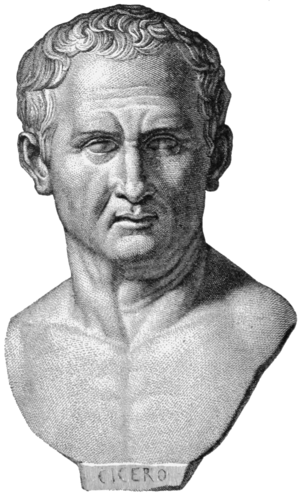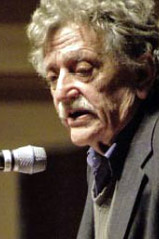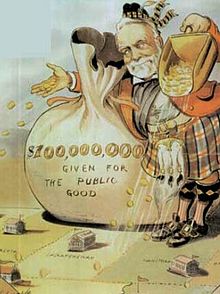Few things are as horrifying as the idea that a hospital might refuse to treat you or a loved one at a time of crisis. This is so frightening, that many used the specter of “death panels” to terrify Americans from supporting the Affordable Care Act, which had no provision for such panels. All the same, we don’t get to go into hospitals demanding whatever treatments we think are appropriate. Doctors, other medical caregivers, and insurance companies all have a say over what treatments are acceptable for various conditions.
One of the most common issues before Hospital Ethics Committees is futility. In all the cases I experienced personally, a family member demanded treatment for loved ones that  doctors deemed inappropriate as they felt it offered no benefit to the patient. In most of these cases, the patient was either dying or already pronounced brain dead when the conflict arose, but other types of conflict over futility arise from time to time.
doctors deemed inappropriate as they felt it offered no benefit to the patient. In most of these cases, the patient was either dying or already pronounced brain dead when the conflict arose, but other types of conflict over futility arise from time to time.
For a less grave example, consider people who get a cold or cough and go into the doctor demanding antibiotics to treat what is generally a viral infection. Some doctors might prescribe antibiotics just to appease their patients, but others will refuse on the grounds that the treatment offers no benefit to the patient while carrying both costs and some risks. (If you prefer an even more absurd example just to illustrate the point, imagine someone demanding cholesterol medicine to treat a broken arm.) This type treatment is futile because it will have no effect on the condition being treated.
Another kind of futility is both more common and more serious in its consequences. These cases often, though not always, involve infants on ventilators or elderly patients receiving artificial nutrition (feeding tubes) and hydration. In these cases, doctors and the family or other surrogates agree that the feeding tubes or ventilators are keeping the patient alive, but disagree on the value of doing so. In some cases, the patient may be suffering and medical providers feel the patient’s suffering makes it unconscionable to continue treatment. In other cases, the patient may be in a permanent state of unconsciousness or even be brain dead, and the healthcare providers feel the patient no longer exists as a person in any real sense. All the qualities associated with life (consciousness, will, pleasure) are already gone, so treatment has no use.
Few forces in the world are as powerful as the duty we feel to protect our children or to care for our parents or other loved ones. The one comfort we take in the face of such a devastating loss is that we “did everything we could.” When doctors tell us that doing “everything” is costly, painful, and of no value, it can be more than painful to accept. Complicating matters is that most of us have heard of miracle cases where people recovered despite dire prognoses. When told that no more than one in a million patients survive such a condition, family members often only hear that there is some chance of survival. It is a point of honor that they will “never give up” on their child or parent.
I’ve seen doctors handle futility with great skill and also with awkwardness. In one case, a man was convinced the hospital was abandoning his wife at the time she most needed care. The man felt the doctor was expressing the needs of the hospital rather than the needs of his wife. Once he was reassured that she would be cared for even in the absence of treatment, he felt much better about discontinuing treatment. In another case, the doctor made every effort to assure the parents of an infant that she and the entire staff would stay with them throughout the ordeal and do everything possible to reduce both the suffering of the child and the pain of the parents.
It is impossible, of course, to eliminate all disagreements and conflict, but I think doctors who are able to effectively communicate empathy and concern for the patient and the people who love the patient have greater success at avoiding battles with patients. We all want to know our experiences are recognized and validated. We all want to be heard. We also want the dignity of our loved ones to be promoted and protected, especially as they face death, which strips them of autonomy and self-respect. We want healthcare providers to recognize that we hold our dying loved ones in the highest regard even if they can no longer speak for themselves and show why they are worthy of such respect. When we fight for their lives, I think we are really fighting for their dignity and worth as a person. Doctors will do well to keep that in mind.










